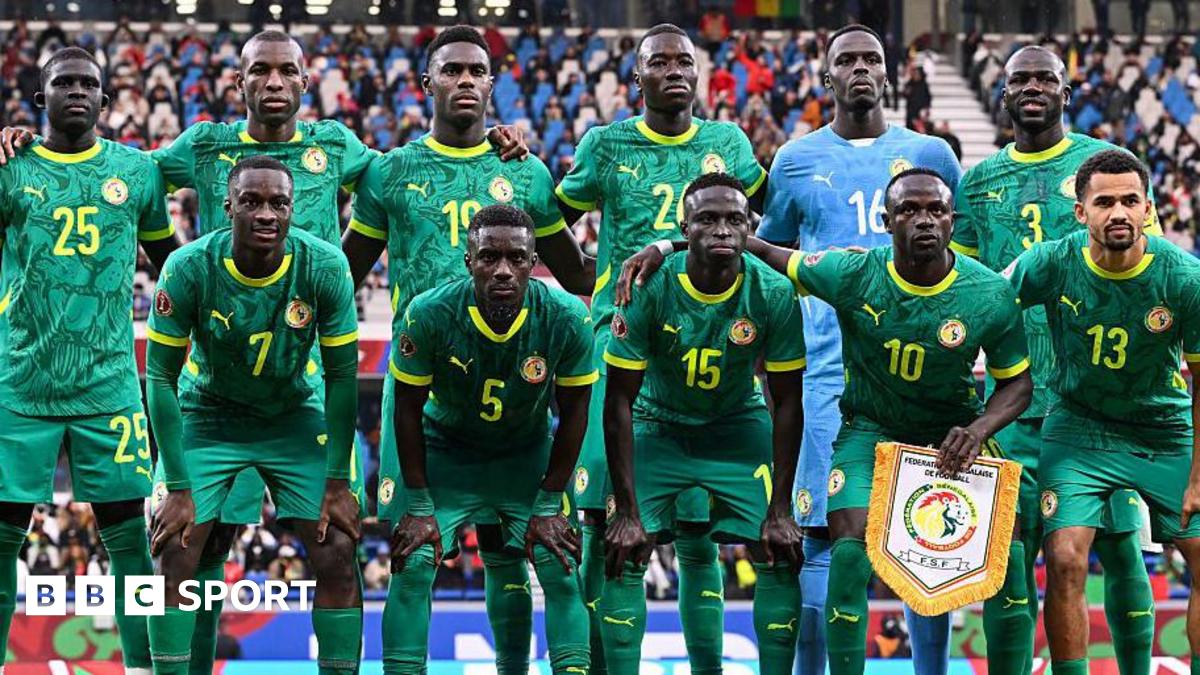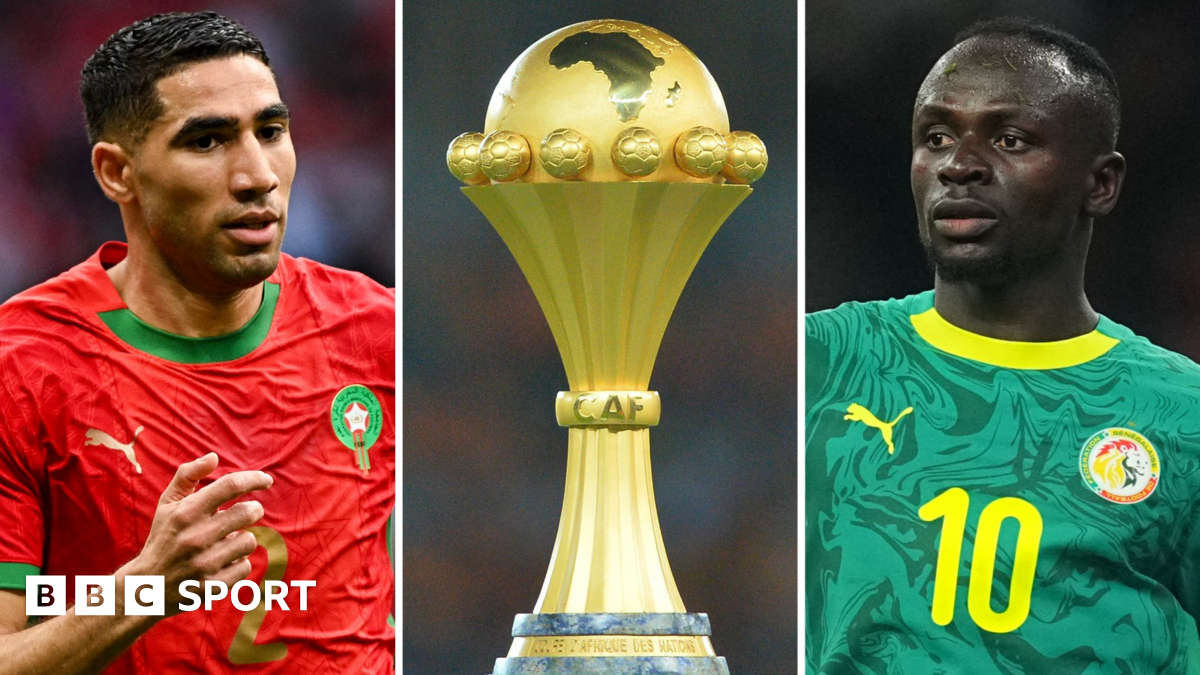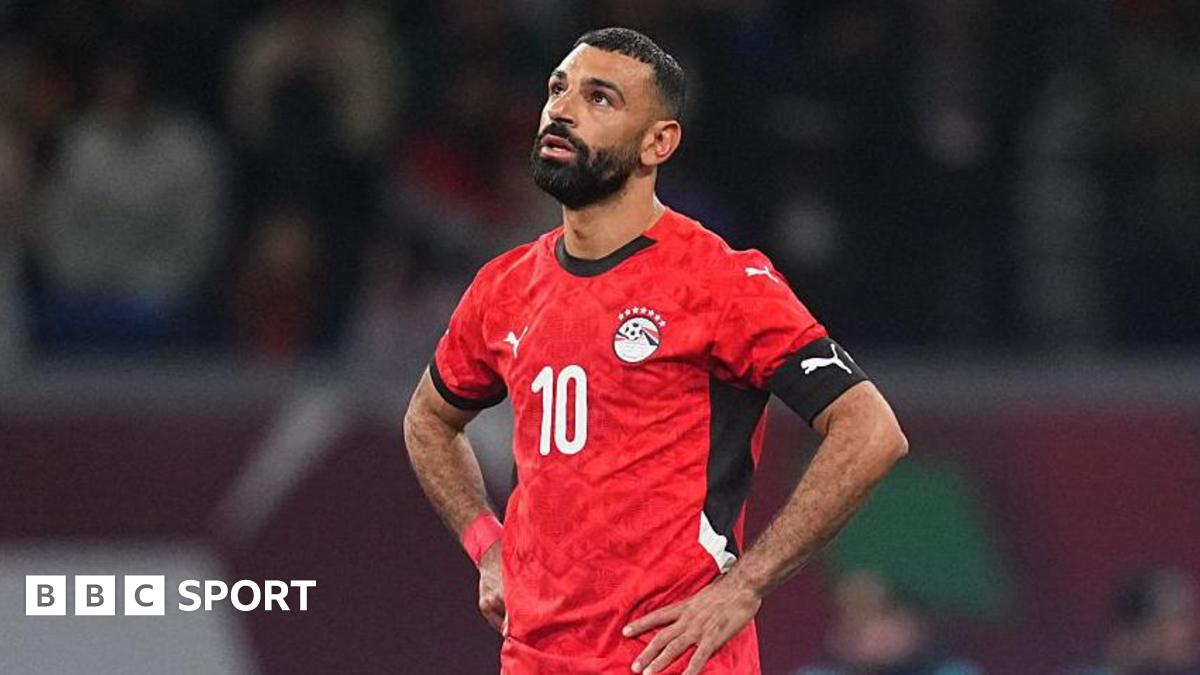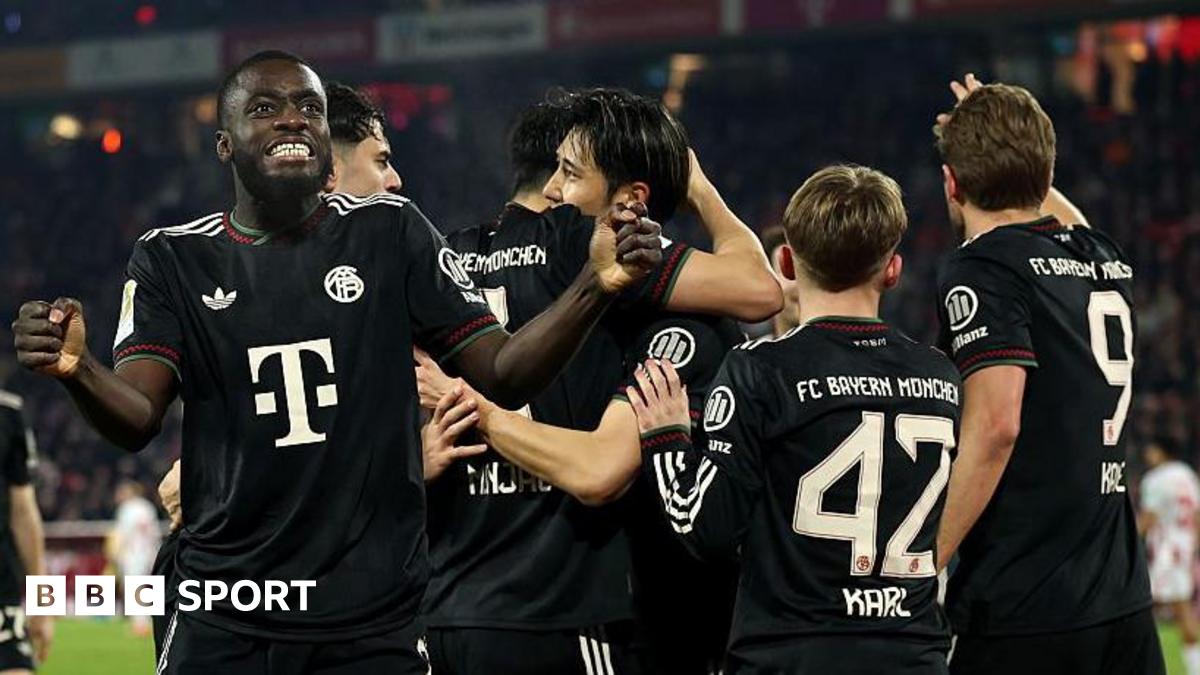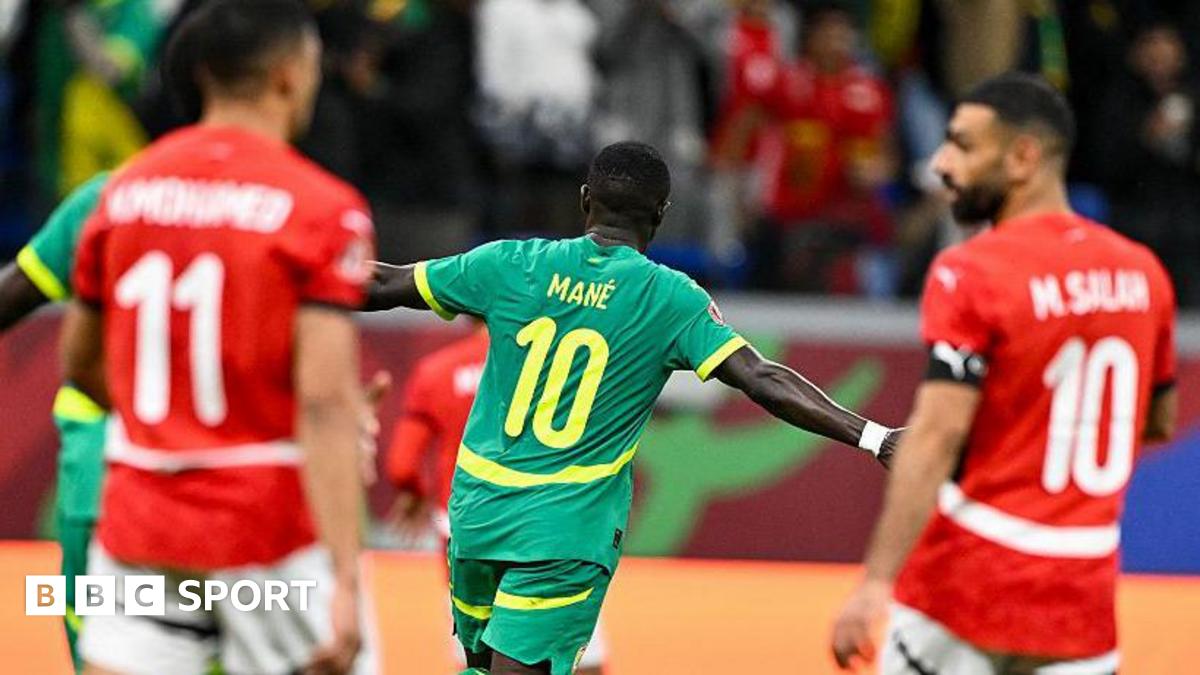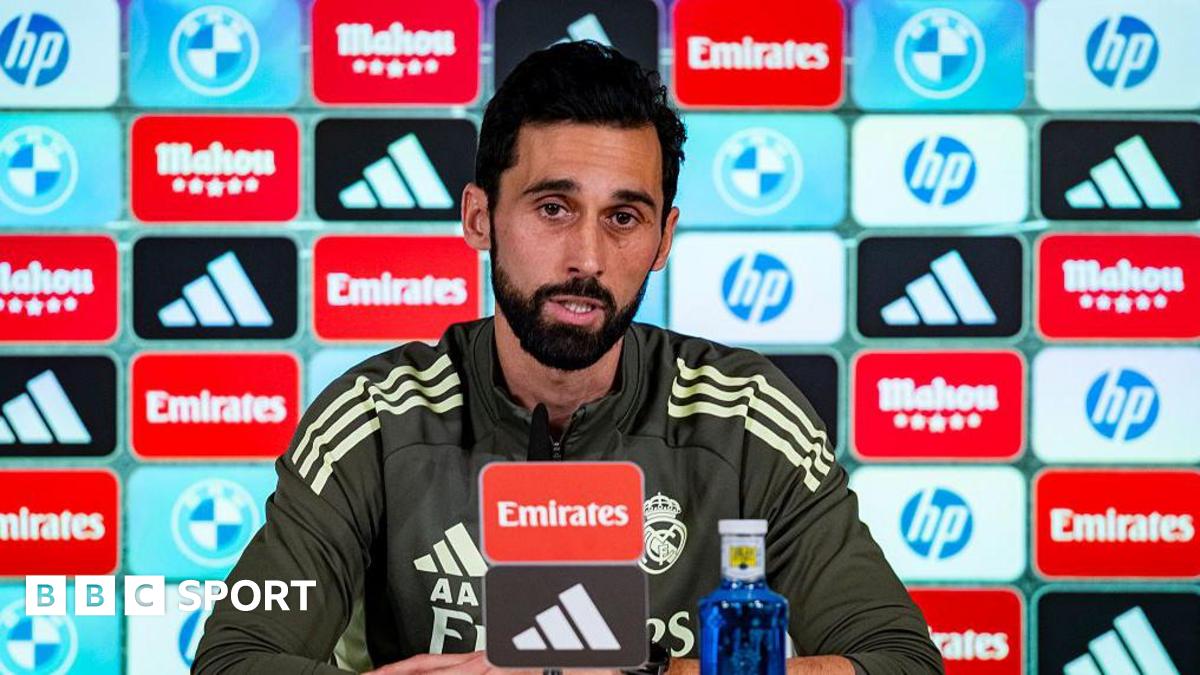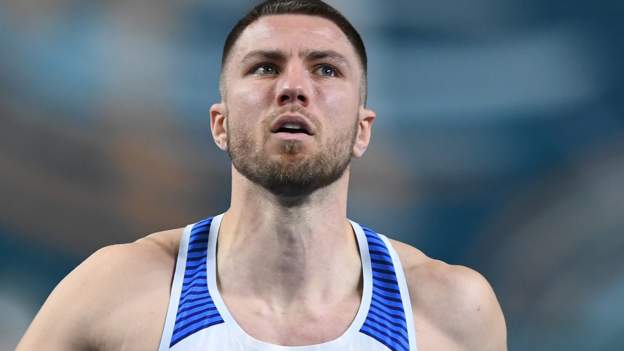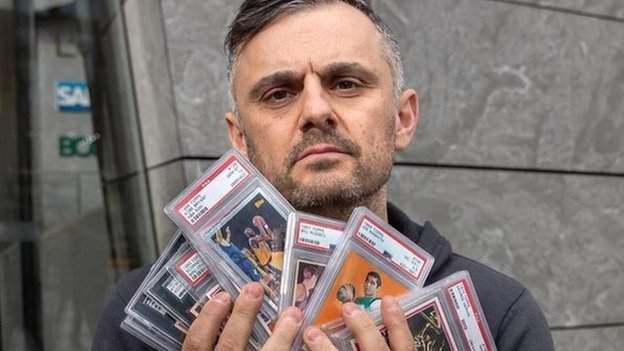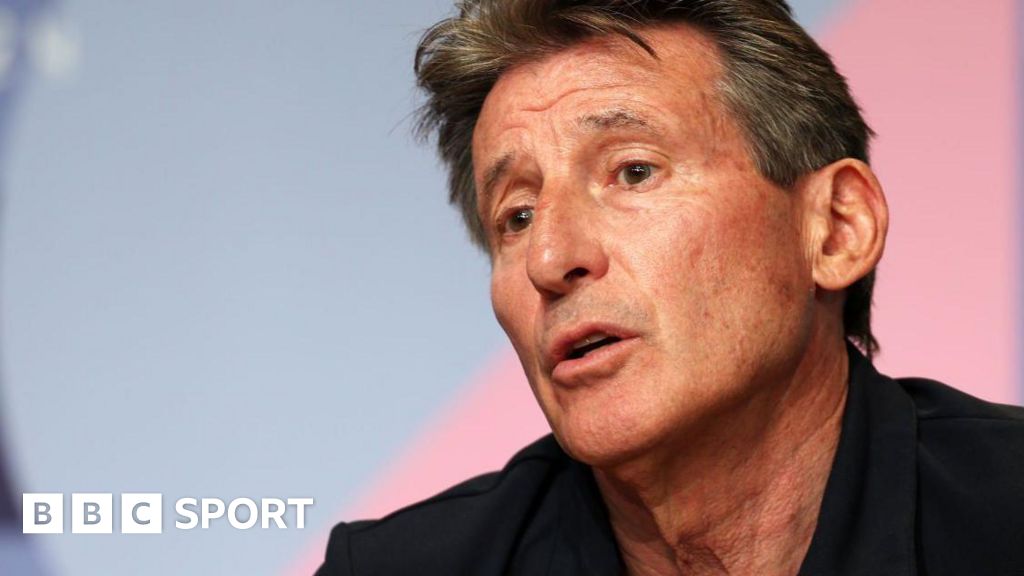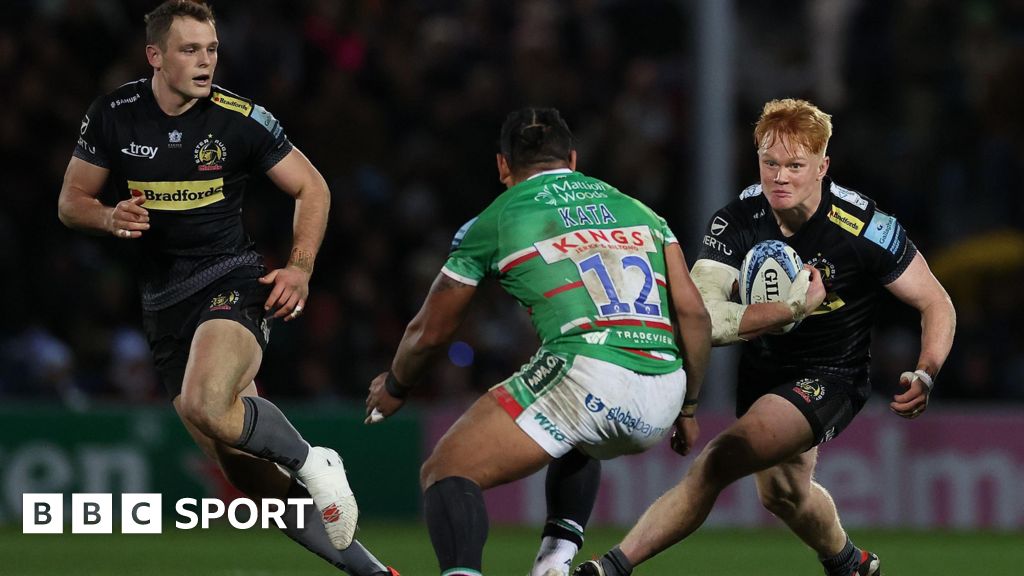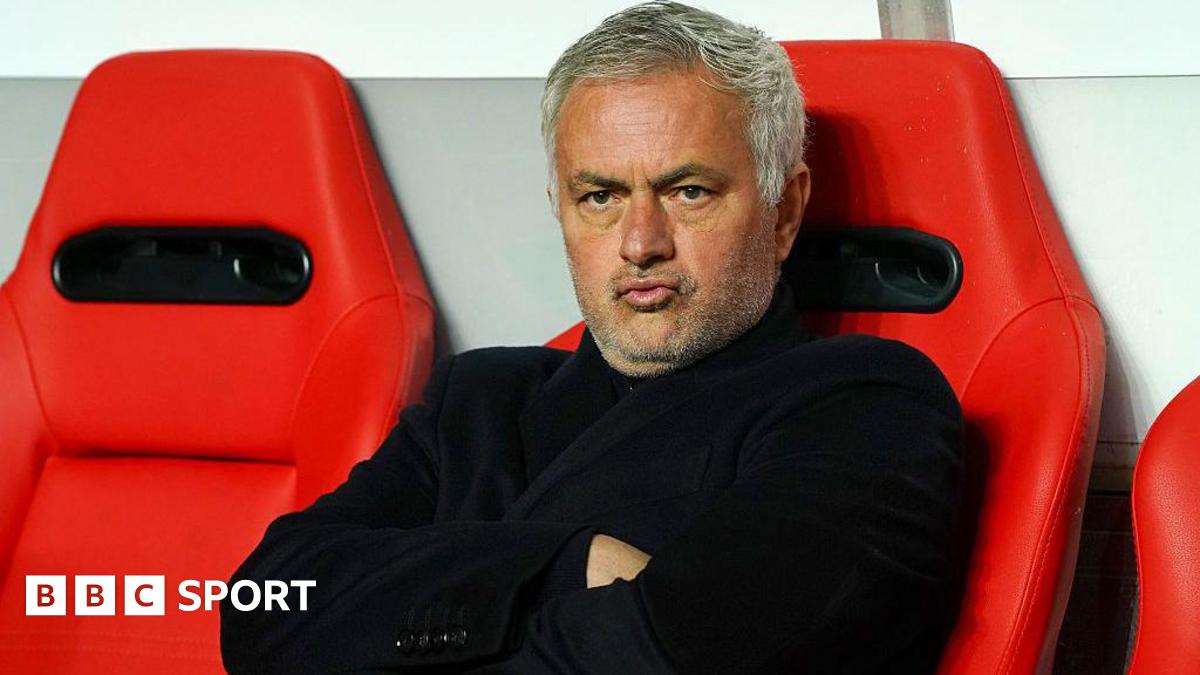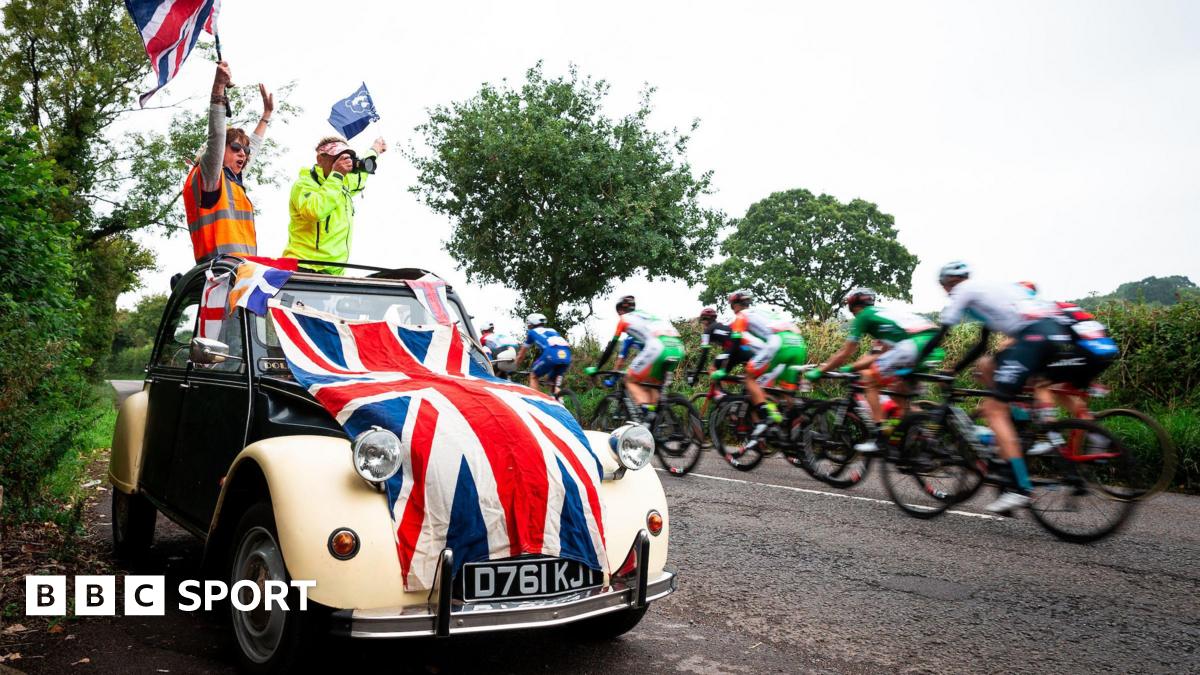For a brief moment, sport’s sliding doors parted for Andrew Pozzi.
The 28-year-old had just matched his 13.14-second personal best over the hurdles in Monaco. Grant Holloway, the American world champion, was one of those left in his wake.
And then someone pointed out the date.
14 August 2020.
Had Tokyo 2020 taken place as scheduled, the 110m hurdles final would have been a week earlier.
In a season turned upside down by Covid-19, Briton Pozzi had still run a time that would have won silver at the most recent Olympics and World Championships.
“Running your personal best in the first half of August? In an Olympic year, that’s the dream,” Pozzi told BBC Sport.
It could have been a source of frustration. Woulda, shoulda, but for corona.
Pozzi has a different take.
That time in Monaco was not a one-off. He went sub-13.20 – the sort of mark to contend in major finals – three times in 2020.
At the start of 2021, underprepared after a hamstring problem, he took European Indoor silver over 60m hurdles in another personal best.
Moving out of his comfort zone and to a new Italian training base in 2018 is now paying off for Pozzi.
And an Olympic delay makes getting his reward in gold more likely.
“I didn’t really dwell on the fact that I had a good season and the Olympics weren’t there,” he added.
“That is just the reality. 2020 taught me that the work my coach and I are doing is constantly building, another year for me will only be better.
“Another year of that relationship will only take us to a higher level.”
His coach is Santiago Antunez. The Cuban, 5ft 6in tall, with a shock of white hair and more than 70 years on the clock, is a sprint hurdles sage. He is the mastermind who guided countrymen Anier Garcia and Dayron Robles to Olympic gold.
Lots of athletes eulogise about their coaches’ work. But Pozzi’s faith is clear in how far he has followed Antunez.
Pozzi estimates he has spent 90% of the past two and half years at Antunez’s base in the Mediterranean town of Formia, his dedication separating him from friends, family and his partner – world heptathlon champion Katarina Johnson-Thompson.
Brexit and Covid have combined to make it even harder though.
Antunez, whose age made him more vulnerable during the pandemic, travelled to only one of Pozzi’s races last year.
This year, Pozzi is wrestling with red tape.
New rules post-Brexit limit British citizens to a stay of 90 days in the European Union for any six-month period.
Pozzi can spend only another 40 in Italy before the end of June. Instead of training on the Italian coast, he has been back in Loughborough and away from Antunez, waiting and watching the wheels slowly turn.
“I am not flush with days, but that hopefully gives me enough time when I do go back to Italy to get the paperwork sorted to stay unencumbered at least until the Olympics,” he said.
“I believe it is just changing the documentation round to have my main address in Italy rather than the UK.
“Italian bureaucracy can be a challenge, especially during Covid, but the wheels are in motion.”
He hopes to be back in the UK in July anyway for the Muller Anniversary Games and a final tune-up, 10 days before the opening ceremony in Tokyo.
Many of his rivals will have similar plans. And, with World Athletics restarting a scheme that allows Russian athletes to compete under a neutral flag for the outdoor season, Sergey Shubenkov could be one of those on the London startline.
Shubenkov, a medallist at the past four World Championships, denied a January report that he had returned a positive test for a banned diuretic, claiming the story was “blatant slander”.
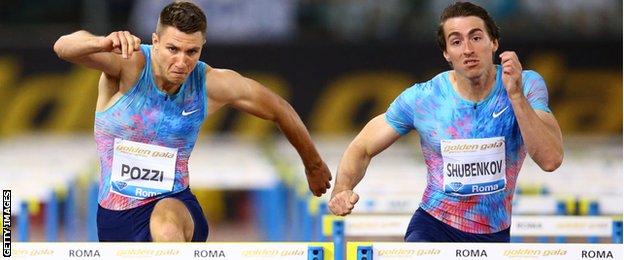
“I remember going into the Rio Olympics where Russia was banned and there were so many questions around it,” said Pozzi. “It is a situation that has been going on so long, it is not getting much of my attention.
“You can never control whether someone is injured and not there or barred from competing.
“We are just preparing so hopefully I can deal with whoever is there.”
Tokyo or Monaco, Pozzi is not dealing in maybes.




